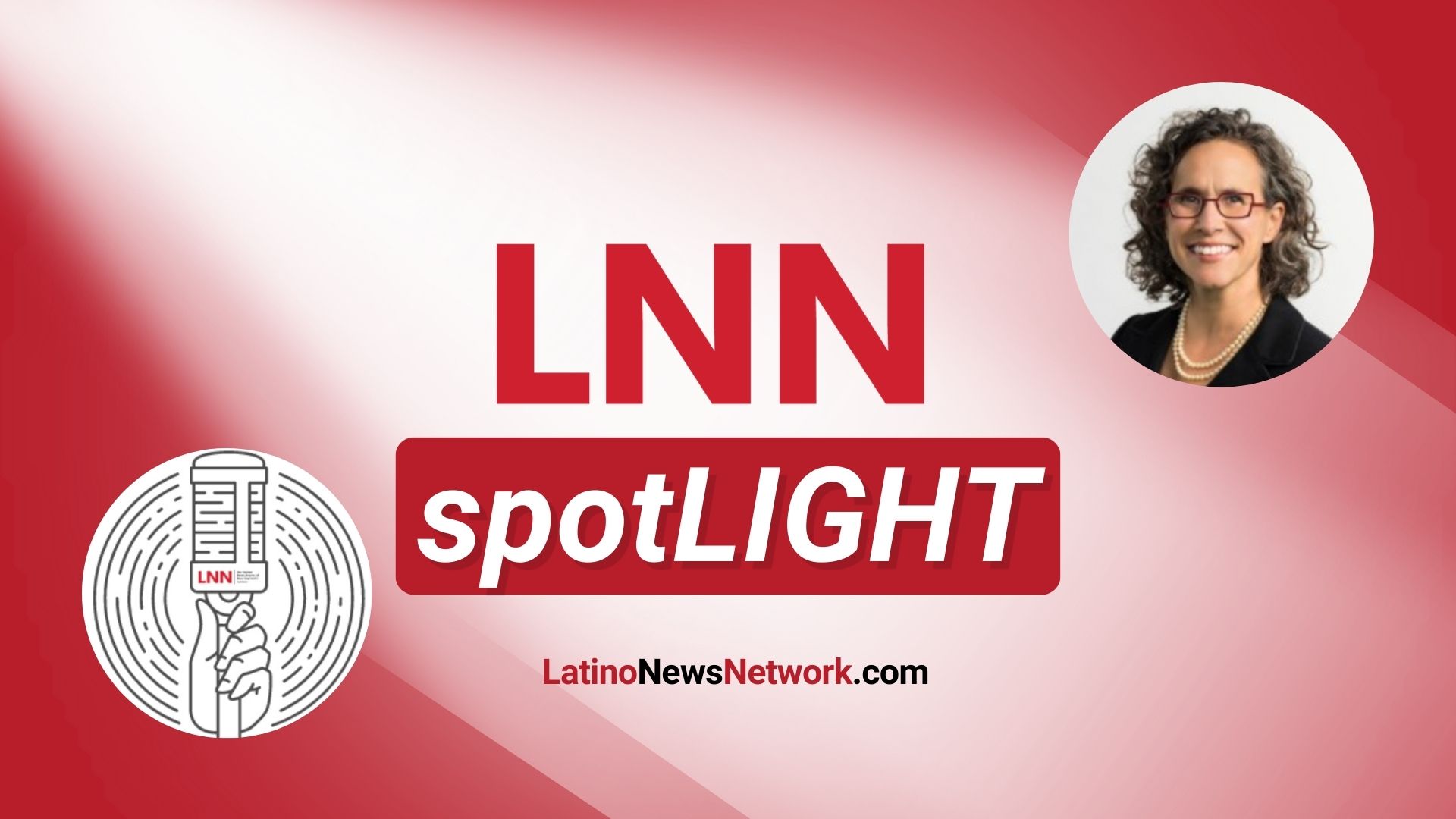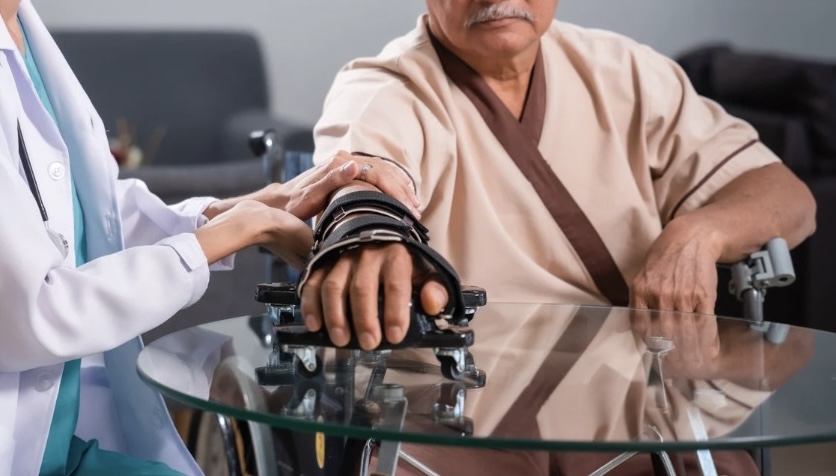Stroke is the fifth-leading cause of death in the U.S. It is the No. 3 cause of death for Hispanic women and No. 4 for Hispanic men. Moreover, the average age for strokes among Hispanics is 67, but 80 for non-Hispanic white people, according to Dr. José Biller, a professor and chair of neurology at Loyola University Chicago’s Stritch School of Medicine.
Stroke is the No. 5 killer in New Hampshire, according to an American Heart Association (AHA) fact sheet. 2,721 people in the state died of heart disease in 2017.
Just 58% of Hispanic adults in the U.S. can recognize stroke signs, compared to 64% of Black adults and 71% of white adults, according to a Centers for Disease Control and Prevention report based on a 2017 survey. This is why for Hispanic Heritage Month, the American Stroke Association, a division of the AHA, initiated the “Juntos Contra el Derrame Cerebral” (Together Against Stroke) campaign, aiming to raise awareness of the Spanish acronym R.Á.P.I.D.O., designed to help identify stroke signs.
Biller said RÁPIDO is a culturally tailored tool that can boost stroke awareness education in Hispanic populations with a high burden of stroke. “And because of the time-sensitive nature of stroke, every second counts,” he said.
Recognizing the signs of a stroke and acting quickly to seek treatment are key to stroke survival, medical experts say. It’s a message intended to resonate through FAST, an acronym long touted by the American Stroke Association to help people remember the signs of a stroke: Face drooping, Arm weakness, Speech difficulty, Time to call 911.
But for people who speak Spanish, FAST doesn’t translate well. So, in 2021, researchers at UTHealth Houston released data about a new Spanish-language acronym. They soon teamed up with the ASA to further refine and named it RÁPIDO.
Limited English proficiency stands out as a barrier to equitable care and has been consistently linked to poor stroke outcomes to Dr. Fernando Testai, the director of vascular neurology and a professor at the University of Illinois at Chicago College of Medicine
“Consequently, the development of efficient and culturally sensitive stroke screening tools that address this challenge represents a substantial stride toward our goal of bridging important quality gaps observed in stroke care,” said Testai, who uses RÁPIDO to educate his Spanish-speaking patients about stroke.
Roughly 9.4 million U.S. adults – 3.3% of the population as of 2020 – report having had a stroke, according to American Heart Association statistics. Between 2012 and 2030, stroke prevalence is expected to rise the most among Hispanic men.
Nine hospitals in New Hampshire among the 2,600 nationwide that participate in the American Heart Association’s Get With The Guidelines® initiative to improve outcomes for Americans who experience heart disease or stroke were recognized for efforts to improve outcomes for heart disease and stroke patients:
- Catholic Medical Center
- Concord Hospital
- Dartmouth-Hitchcock Medical Center
- Elliot Health System
- Exeter Hospital
- Parkland Medical Center
- Portsmouth Regional Hospital
- St. Joseph Hospital
- Wentworth-Douglass Hospital
NH Latino News and the American Heart Association of New Hampshire are partners in best serving the Hispanic, Latino community.
Cover Photo by Alena Darmel




